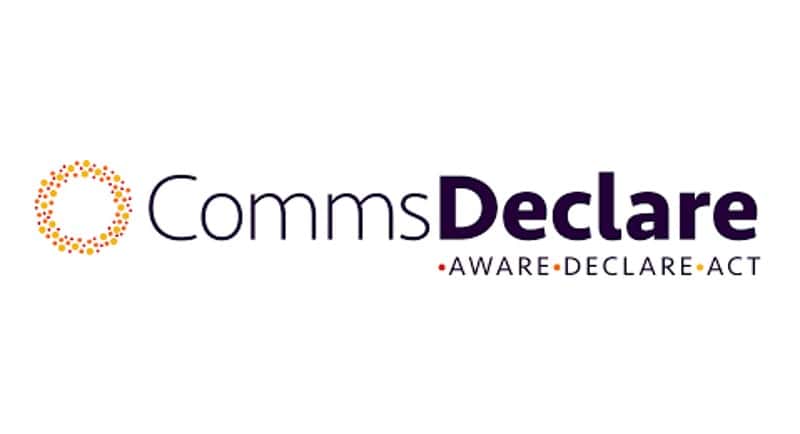Comms Declare, a climate advocacy collective comprising advertising agencies and communications professionals dedicated to responsible practices, has today released their assessment of the Australian Association of National Advertisers’ (AANA) draft Environmental Claims Code, currently open to public comment.
The Environmental Claims Code addresses issues related to greenwashing in advertising, aligning with international standards and responding to the commitment of the Australian Competition & Consumer Commission (ACCC) and Australian Securities & Investments Commission (ASIC) to intensify efforts against greenwashing in 2024.
See also: AANA targets greenwashing practices in advertising, CEO Josh Faulks declares, “it’s critical.”
In their evaluation, Comms Declare has expressed approval of certain aspects within AANA’s draft code, while also identifying areas for improvement:
Positive aspects:
The expansion of the definition of an Environmental Claim to encompass businesses and entire industries, not just limited to products, along with the inclusion of images and graphics.
A requirement that environmental claims must be substantiated by evidence.
Recognition that omitting important information constitutes misleading practices.
Stipulation that small print must not contradict the overall claim.
Caution against the use of broad claims without appropriate qualification.
The issuance of a warning to high emissions industries, like fossil fuels, cautioning against making sweeping environmental claims and acknowledging the overall environmental impact of these sectors.
Emphasis on the need for “aspirational targets” to be clear, achievable, and supported by realistic and verifiable plans.
Areas that need improving:
The code’s limitation to the “target audience” of ads without expanding to include all potential consumers.
Lack of a mandate requiring evidence supporting environmental claims to be publicly available when the ad is run.
Broad language that does not explicitly prevent the utilisation of highly contentious offsets or emerging technologies like Carbon Capture and Storage as the basis for environmental claims, leaving room for potential misuse in the future.
The code falling short of UK guidelines, which specify that advertising should not “encourage behaviour grossly prejudicial to the protection of the environment.”
Belinda Noble, founder of Comms Declare, elaborated on this point, “The draft code falls short of some overseas regulations on environmental responsibility grounds, which recently saw Toyota ads restricted in the UK.”
Said Noble,”We congratulate the AANA on expanding the Code to include high emissions industries, as well as misleading environmental imagery and industry-wide greenwashing. These measures should prevent coal companies or the gas industry, for example, from advertising themselves as being sustainable or green.”
“There are some items that we hope will be prevented in the final draft, such as net zero claims that are based on the highly contested use of offsets, or unproven technologies such as carbon capture – both of which are possible under this version.”
See also: ASIC commits to continue greenwashing crackdown in 2024
